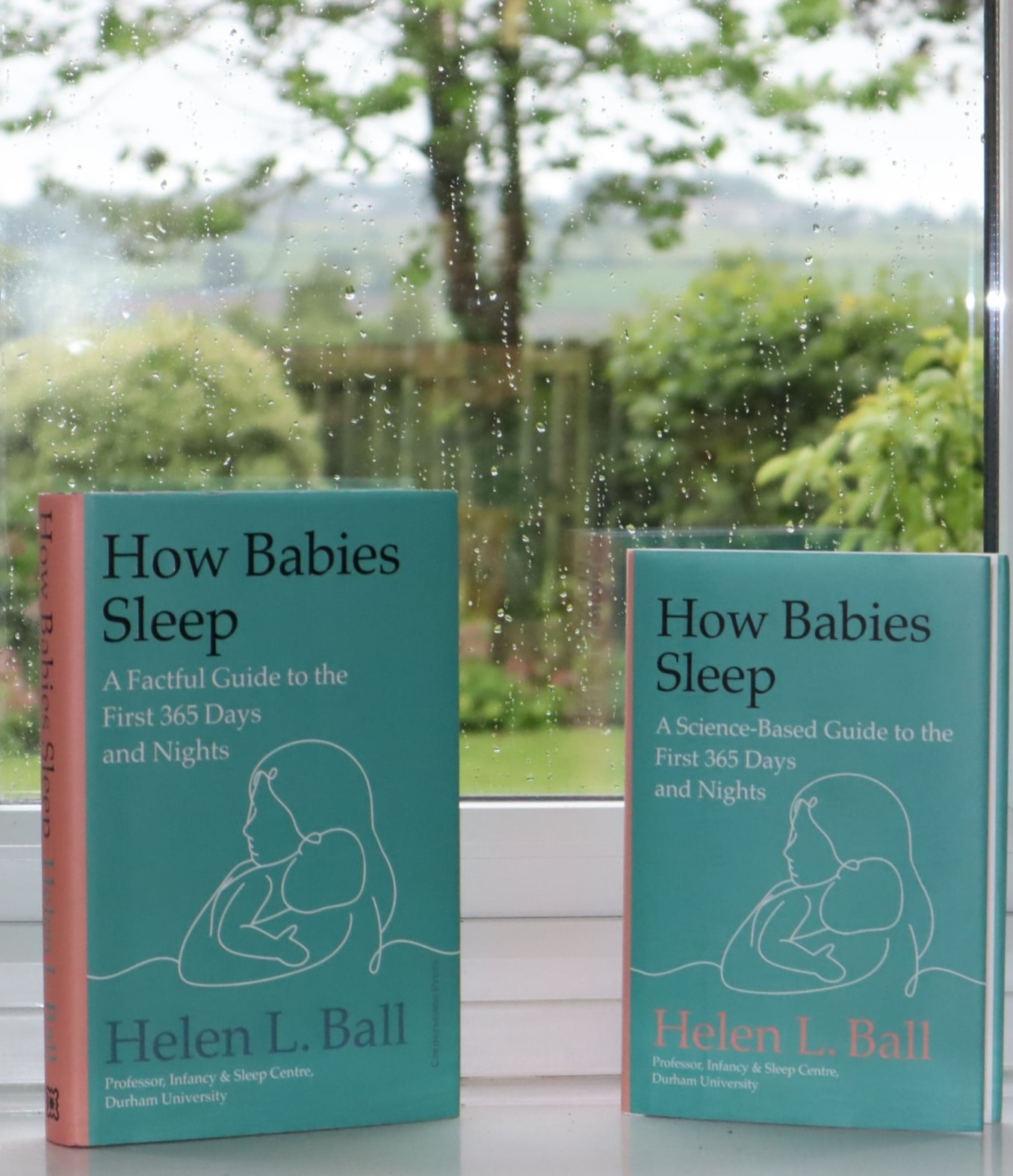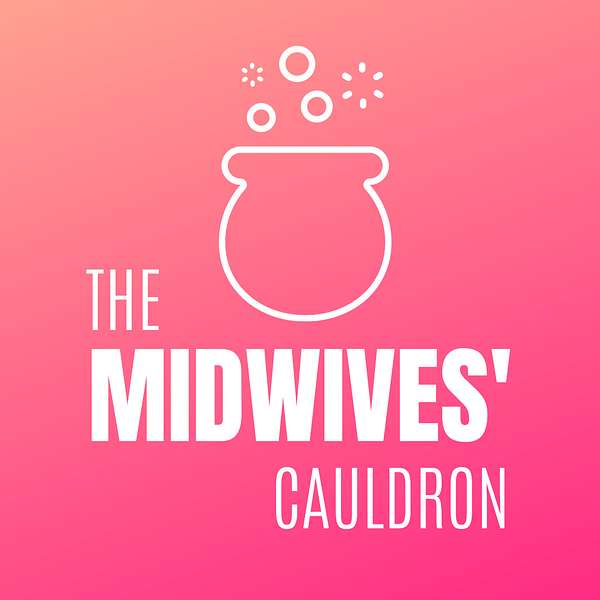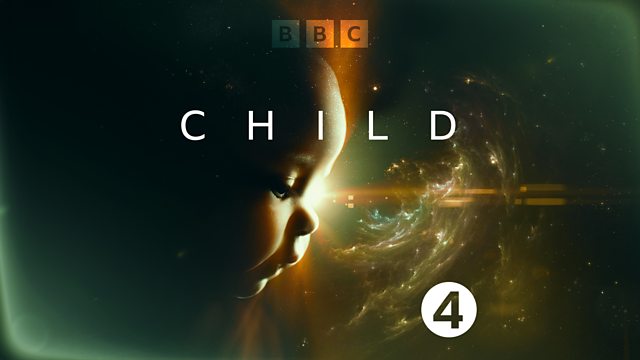
Launch day
Well here they are, not quite identical twins, delivered two days apart and on different continents -- but with a strong resemblance. Mostly different quotes on the back (many thanks to James , Sheena, Greer who gets a double mention, and many others). I love the cover image, and am glad the lengthy gestation period is over.
It was almost 3 years ago that Tom (who became my agent) popped up on a zoom call to try to persuade me that the world needed me to write a popular science book about baby sleep. I had been asked many times and always declined such requests, but he caught me as I approached the end of my sixth decade, wondering what my next challenge might be. Well, here it was, and it kept me busy for a good two-and-a-half years. I have thoroughly enjoyed writing and working with my editors, first Anna and then Kate at Penguin Random House (UK), and later Natalie at Hachette Book Group (US) when they acquired the N. American rights. I am also thankful to Durham University and Durham University Anthropology who allowed me to spend a year of research leave just writing.
So now, both versions are off into the world to have their own adventures. My evolutionary, biological and anthropological perspectives won't appeal to everyone, but hopefully they will help a few people out there think a bit differently about How Babies Sleep... Many thanks to everyone whose work I cite, who has supported on the sidelines, and who has enthusiastically promoted my efforts to others. I appreciate you all.
Helen.
Five things new parents should know about their baby’s sleep
Why won’t my baby sleep at night? It’s one of the most common – and exhausting – questions new parents ask. You’ve fed them, changed them, rocked them, cuddled them but still, they wake again. And again. And again.
Baby humans are born utterly helpless – unable to walk, grip, or regulate their own systems. From the very beginning, they are biologically wired to stay close to a caregiver, relying on your body for warmth, safety, food and reassurance. Their sleep, feeding and waking patterns aren’t disordered – they’re designed for survival.
My latest book tells you everything you need to know about your baby’s sleep during their first year, but here’s a brief explainer on what’s really going on with baby sleep, why “sleeping through the night” is often a myth, and how working with your baby’s natural biology – not against it – can help you both get more rest and feel less stressed.

SIDS, bed sharing and an anthropological look at motherhood and infancy - An interview with Prof Helen Ball
In this episode we talk to Prof Helen Ball. Helen is Professor of Anthropology and Director of the Durham Infancy & Sleep Centre. Helen studies infant sleep and the parent-infant sleep relationship from a biosocial perspective. Broadly defined, her research examines sleep ecology, of infants, young children and their parents. This encompasses attitudes and practices regarding infant sleep, behavioural and physiological monitoring of infants and their parents during sleep, infant sleep development, and the discordance between cultural sleep preferences and biological sleep needs.
Listen to the podcast
The Times: Help! When will my baby sleep through the night?
Prof Helen L. Ball Answers this and 10 more common questions from exhausted parents

NetMums: 'I'm a baby sleep expert, this is why your baby won't go to sleep (and what to do about it)'
Tried all the baby sleep routines, tips and tricks you can find, and your little one still won’t sleep? That’s no surprise to sleep scientist Professor Helen Ball. One of the world’s leading infant sleep experts, she says baby sleep isn’t something that needs to be ‘taught’. Author of the new book ‘How Babies Sleep: A Factful Guide to the First 365 Days and Nights’, Helen says: ‘As a baby sleep scientist, I see numerous recommendations for baby sleep that make no sense. Here are four things about baby sleep biology that new parents should know.'
Read this article



